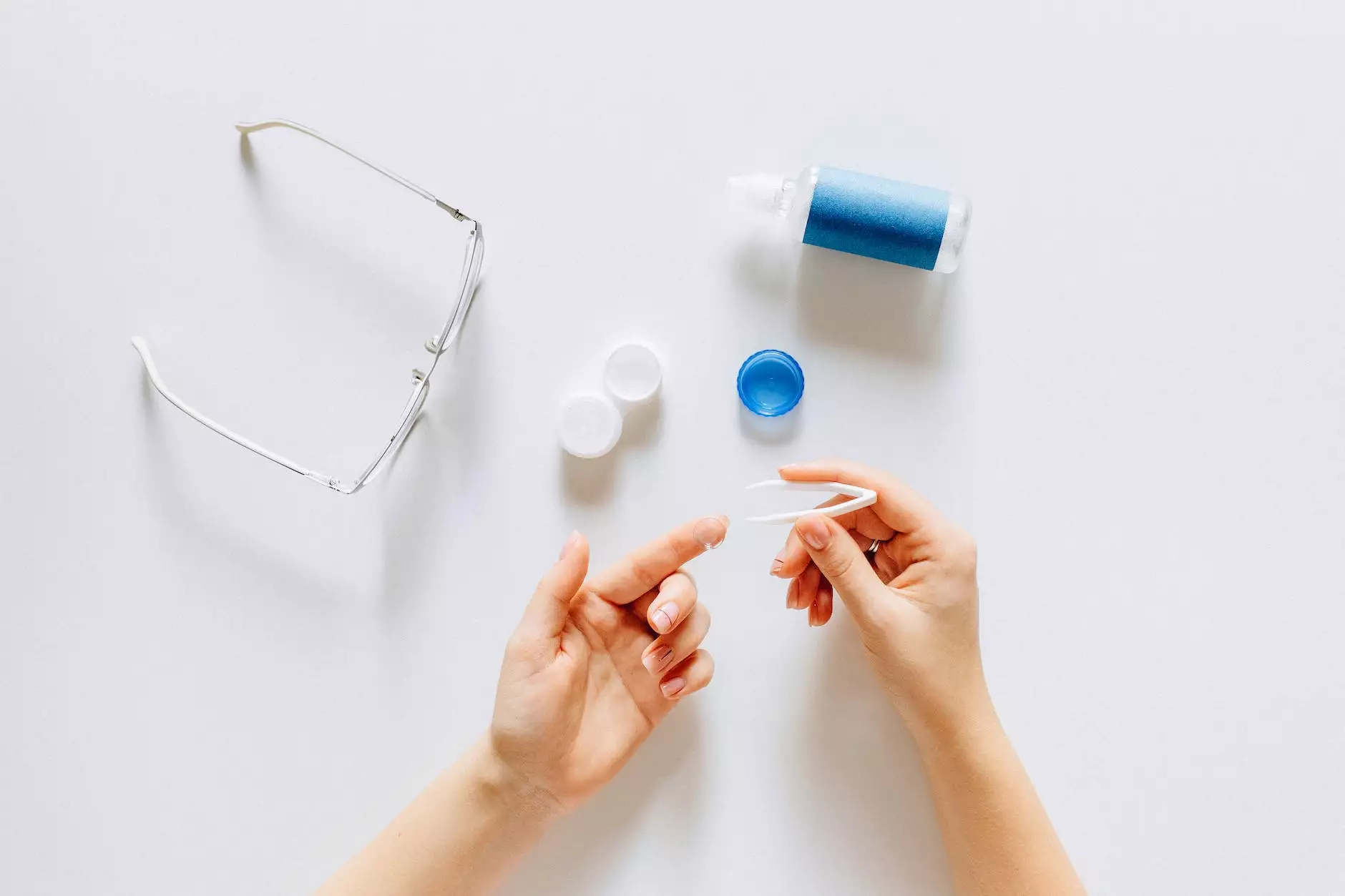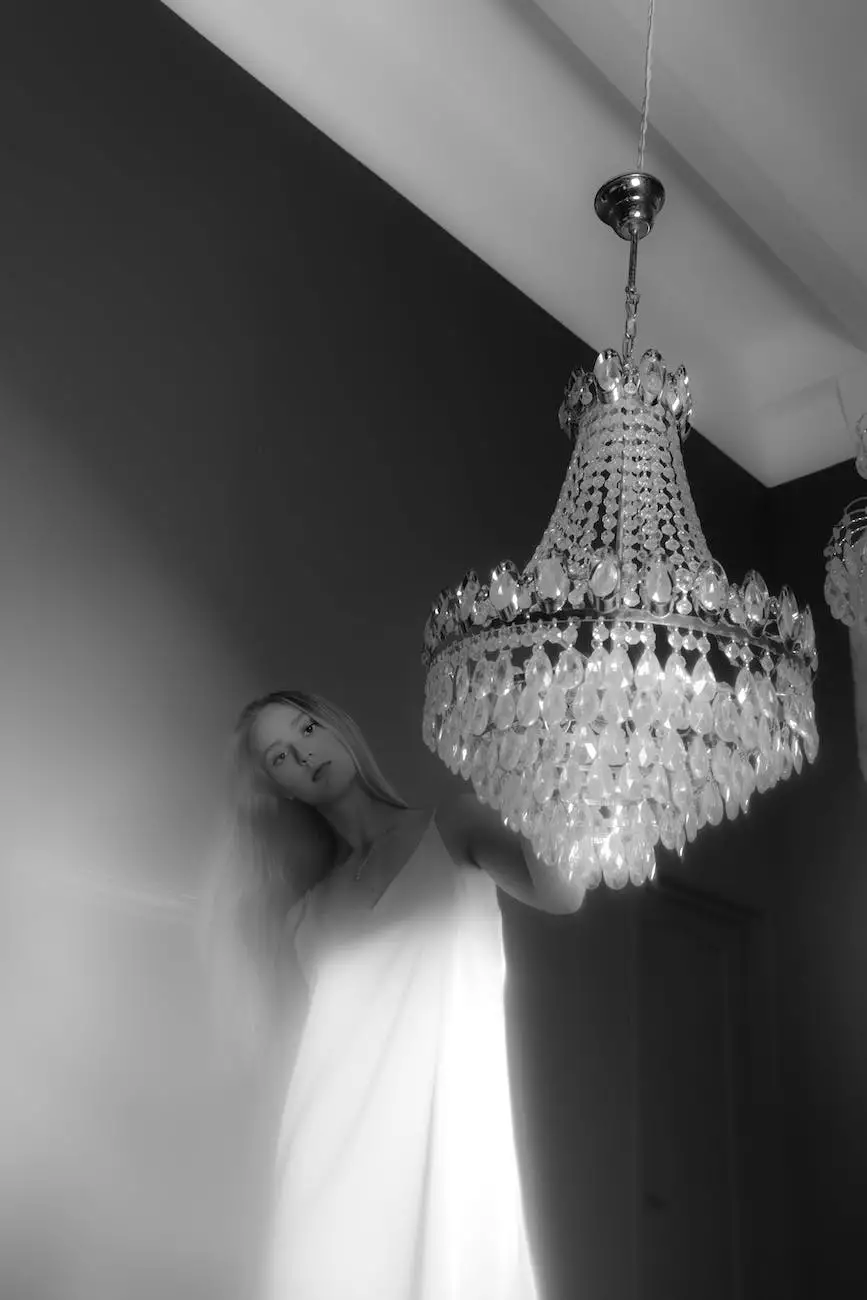Contacts vs Glasses: Which is the Right Choice for You?
Blog
The Importance of Vision Correction
When it comes to correcting vision problems, there are two popular options to choose from: contacts and glasses. Both offer effective solutions for individuals with refractive errors such as nearsightedness, farsightedness, and astigmatism. However, selecting the right method for your eyesight can make a significant difference in comfort, convenience, and overall satisfaction.
Understanding Contacts
Contact lenses are thin, clear discs made of various materials that are directly placed onto the surface of your eyes. They provide a natural field of vision and eliminate the need for wearing glasses. Contact lenses come in different types, including soft lenses and rigid gas-permeable lenses, each with its own set of advantages and considerations.
Advantages of Contacts
- Enhanced peripheral vision: Unlike glasses that may obstruct your peripheral vision, contacts offer a wider field of view, allowing you to see more clearly from all angles.
- Freedom of movement: Contacts adhere to your eyes, providing the freedom to engage in physical activities without worrying about frames slipping or falling off.
- Clear and stable vision: Since contacts directly correct the vision on your eyes, they tend to provide more precise and stable visual acuity compared to glasses.
- Improved aesthetics: Contacts offer a natural appearance, allowing your facial features to shine without the distraction of glasses.
- Options for vision correction: Contacts can correct various vision problems, including astigmatism and presbyopia, offering a versatile solution for different eye conditions.
Considerations for Contacts
- Proper maintenance: Contact lenses require regular cleaning, disinfection, and replacement to minimize the risk of eye infections and complications.
- Commitment to hygiene: It is important to follow strict hygiene practices when handling contacts to avoid any potential contamination that could harm your eyes.
- Dry eye symptoms: Some individuals may experience dryness or discomfort while wearing contacts, especially in environments with low humidity.
- Initial adjustment period: Adapting to wearing contacts may take time, as you become accustomed to inserting and removing the lenses.
Exploring Glasses
Glasses, also known as eyeglasses or spectacles, consist of frames that hold prescription lenses in front of your eyes. They have been a popular choice for vision correction for centuries and come in a wide range of styles, shapes, and materials.
Advantages of Glasses
- Ease of use: Glasses are relatively easy to use compared to contacts, as they only require putting them on or taking them off when necessary.
- Protection for your eyes: Glasses serve as a physical barrier, shielding your eyes from dust, debris, and harmful UV radiation.
- Minimal maintenance: Unlike contacts, glasses do not require extensive cleaning or replacement. Regular wiping with a lens cloth is usually sufficient for maintenance.
- Reduced risk of eye infections: Since glasses do not make contact with your eyes, the risk of eye infections and complications is generally lower compared to contacts.
- Immediate correction: With glasses, you achieve instant vision correction without having to wait for your eyes to adjust to wearing lenses.
Considerations for Glasses
- Limitations in certain activities: Engaging in sports or physical activities may require additional precautions or specialized glasses to ensure they stay in place.
- Obstruction of peripheral vision: The frames of glasses can limit your peripheral vision, particularly with certain frame styles.
- Potential discomfort: Some individuals may find glasses uncomfortable to wear, particularly if the frames are ill-fitting or heavy.
- Fogging and glare: Glasses can sometimes fog up in specific conditions or create glare from bright lights, which may be distracting or bothersome.
Choosing the Best Option for You
Ultimately, the decision between contacts and glasses depends on your personal preferences, lifestyle, and specific vision needs. It is recommended to consult with your optometrist or ophthalmologist to determine which option is most suitable for you.
Baron Rick W Dr understands the importance of vision care and offers expert guidance when it comes to finding the right solution for your eyesight. Their team of professionals is dedicated to providing personalized recommendations and high-quality eyecare services.
Remember, whether you choose contacts or glasses, the most crucial aspect is ensuring regular eye examinations and practicing proper eye hygiene to maintain optimal visual health.




